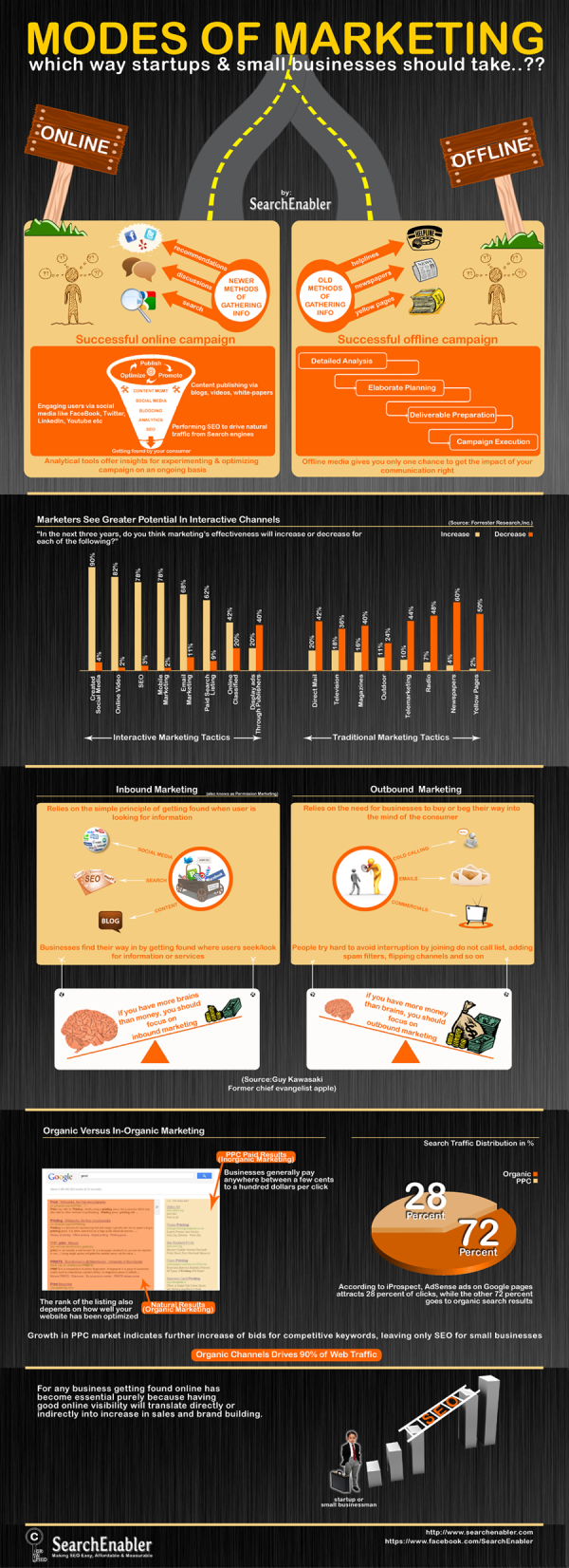04.6.2012 Staff
Outbound marketing requires you to invest time and money in attracting new customers one at a time, via techniques like cold calling, pay-per-click advertising and media buys. But as prospects are exposed to more and more sales messages on a daily basis, outbound marketing has become less and less effective. As a result, inbound marketing, the process by which you build and distribute valuable content that enables new customers to find out about your business without direct involvement on your part, has become more popular. From Entrepreneur.com, here's a five step guide for starting an inbound marketing campaign.
Identify Your Target Customers
Before you can drive visitors to your website, you need to determine what type of customer you'd like to reach. The more specific your target audience, the better, as you'll be able to tailor your content to their interests. Do a thorough analysis of the types of customers you have attracted in the past.
Set Your Desired Action
Once you've determined your audience, decide what you want them to do when they visit your site by setting up a call to action. This will depend on your business goals. Examples include making a purchase, subscribing to an email list or sharing your inbound marketing content.
Create Your Viral Campaign Pieces
Include content in your campaigns that can be easily shared via social networks. This can be text-based articles, infographic images or video, to name a few. Produce content types geared toward the way your target audience behaves online. Always include your calls to action.
Get Social
Distribute your content on the social networks where your target audience is most active. Your content is more likely to be shared if you are a valued, engaged member of your chosen social communities. Therefore, interact with those communities and share content beyond your own marketing pieces. After building trust within a community, ask power users to share your content.
Measure Your Inbound Marketing Success Rate
Make your goals measurable, whatever they are. It's always helpful to know which of your marketing actions drove a visitor to your site, for example. Google Analytics can be a useful tool in determining whether your efforts are working.
View Original Article

